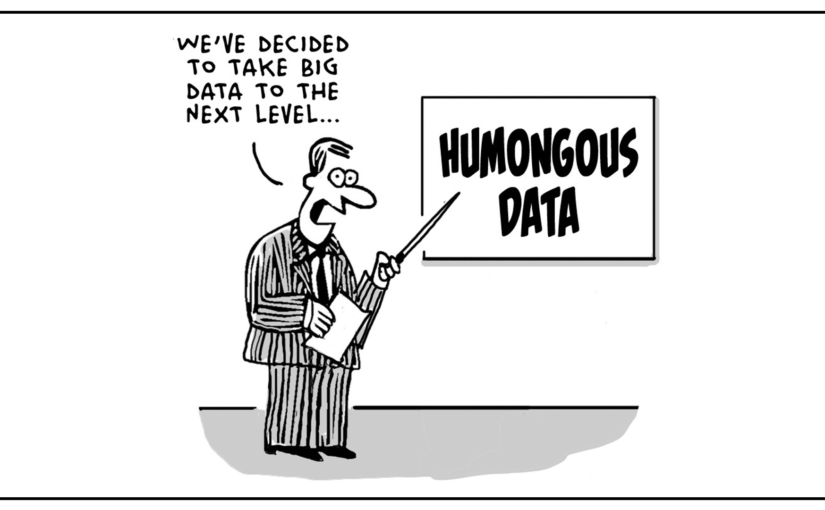During the TRACE workshop in Würzburg, I listened to a talk by Dr. Jakob Kaiser, a young and well-spoken cognitive neuroscientist based in Munich. Jakob gave a talk on sensory attenuation, i.e., reduced response/sensitivity to a stimulus, which can be observed for stimuli caused by oneself (this is why you cannot tickle yourself). Jakob argued that sensory attenuation does not necessary reflect sense of agency or causal self-attribution. That is, if response to stimulus S1 was weaker than response to S2, it could be because S1 was more predictable than S2. Causing S1 to occur is simply a means by which a person is able to predict S1. He showed results from a 2 x 2-designed ERP experiment, manipulating self-causation (whether or not a target stimulus was caused by participants) and predictability (whether or not the stimulus precedes by a predictive cue). The data showed that self-causation only resulted in sensory attenuation in the absence of any other predictive cue (Kaiser & Schütz-Bosbach, 2018).
The presentation was well done and polished, and the fact that I completely disagree with Jakob’s interpretation of the data is not really important (there is reason to believe that in the presence of a predictive cue, participants enter a different performance mode, responding to the cue, which weakens the perceived link between response and target stimulus; Waszak et al., 2005). What is important is Jakob’s passionate speech–which followed the data–against the special status of human agency in perception and causal understanding. He said many of us have special feelings about categories like human agency and self (“hot buttons”), but that should not prevent us from considering more parsimonious accounts of phenomena (e.g., in the case of sensory attenuation).
I think Jakob represents an important philosophical standpoint, and I’d like to follow his work in the coming years. At the same time, I couldn’t help but think that the primary point of his talk did not require his data. He could have relied on other people’s findings (there is no shortage of empirical research on sense of agency and sensory attenuation). The particular point he made in his presentation is, indeed, a philosophical point, which raises the question: Why did we see the data, and that particular set of data, along with the exposition of his philosophical standpoint?
Is it possible that we treat data as a type of license to speak? Conference presentations and departmental colloquia follow a ritualistic structure. The speaker begins with an introduction, raises his or her questions, talks about their techniques/methods of inquiry, presents the findings, and ends with a discussion and speculations. This ritualistic pattern is followed even when the arguments are philosophical, have little to do with empirical investigations, and even when they do not require that particular set of data (the speaker could have used other researchers’ findings as basis for their argument). If my suspicion is correct, and if data provides a license to speak, then we should detect places where poor philosophy, over-generalizations, and naïve speculations is forgiven precisely because of fanciful and innovative methods of collecting data. The bigger the data, the bigger the license to speak. With an expansive license to speak, we become expansively forgiving of philosophical errors.

References
Kaiser, J., & Schütz-Bosbach, S. (2018). Sensory attenuation of self-produced signals does not rely on self-specific motor predictions. European Journal of Neuroscience, 47(11), 1303–1310.
Waszak, F., Wascher, E., Keller, P., Koch, I., Aschersleben, G., Rosenbaum, D. A., & Prinz, W. (2005). Intention-based and stimulus-based mechanisms in action selection. Experimental brain research, 162(3), 346-356.